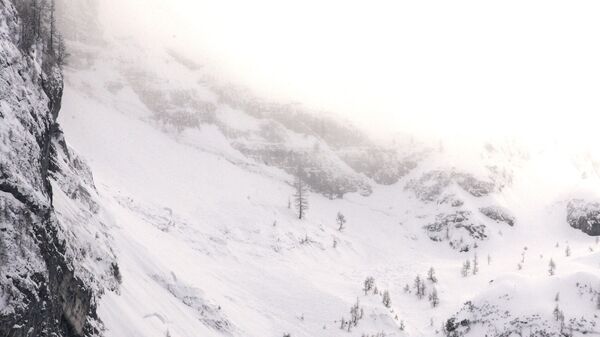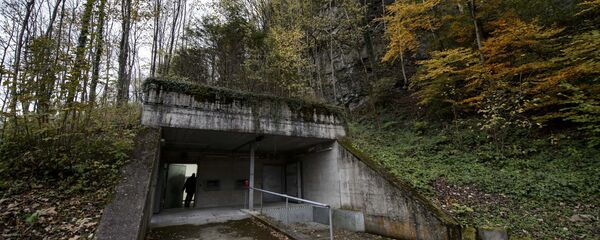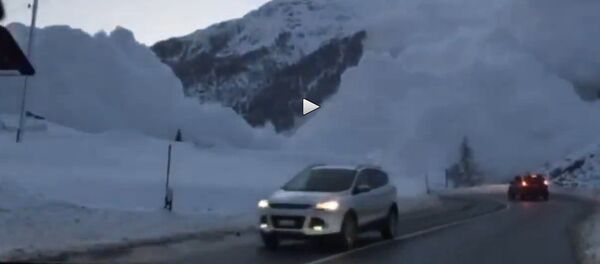MOSCOW (Sputnik) — December 2016 marked the record for driest month and ended the third driest year for snowfall during Christmas in Switzerland. According to preliminary data by the National Oceanic and Atmospheric Administration, 2016 continued the ongoing global warming trend by being the warmest year of the 21st century.
"The Alps could lose as much as 70% of snow cover by the end of the century. However, if humans manage to keep global warming below 2°C, the snow-cover reduction would be limited to 30% by 2100," the study, published in a journal of the European Geosciences Union The Cryoshpere, revealed on Thursday.
"The most affected elevation zone for climate change is located below 1200 m, where the simulations show almost no continuous snow cover towards the end of the century," the scientists wrote.
Moreover, the reduction in snow cover will also affect the duration of snow days and, consequently, winter skiing seasons, the study showed.
"It is obvious that such reductions in snow volume also imply a decrease in snow duration. Our analysis reveals that the snow duration at 2000 m decreases by 2 weeks in 2035 and by 11 weeks in 2085. Thus, in the mid-century at low elevations between 500 and 1000 m a.s.l. there will already only be a few days with snow cover," the research found.
"Since many Alpine villages are heavily dependent on winter tourism, the economy and society of regions with such tourism centres will suffer," co-author Sebastian Schloegl was quoted as saying in a press release.
Melting snow will also increase flows into rivers, which will impact both the ecology and the management of water in the area.
At the same time, warmer winter temperatures will positively affect the society, because the lack of frost and snow will lead to fewer car accidents, the study said.



